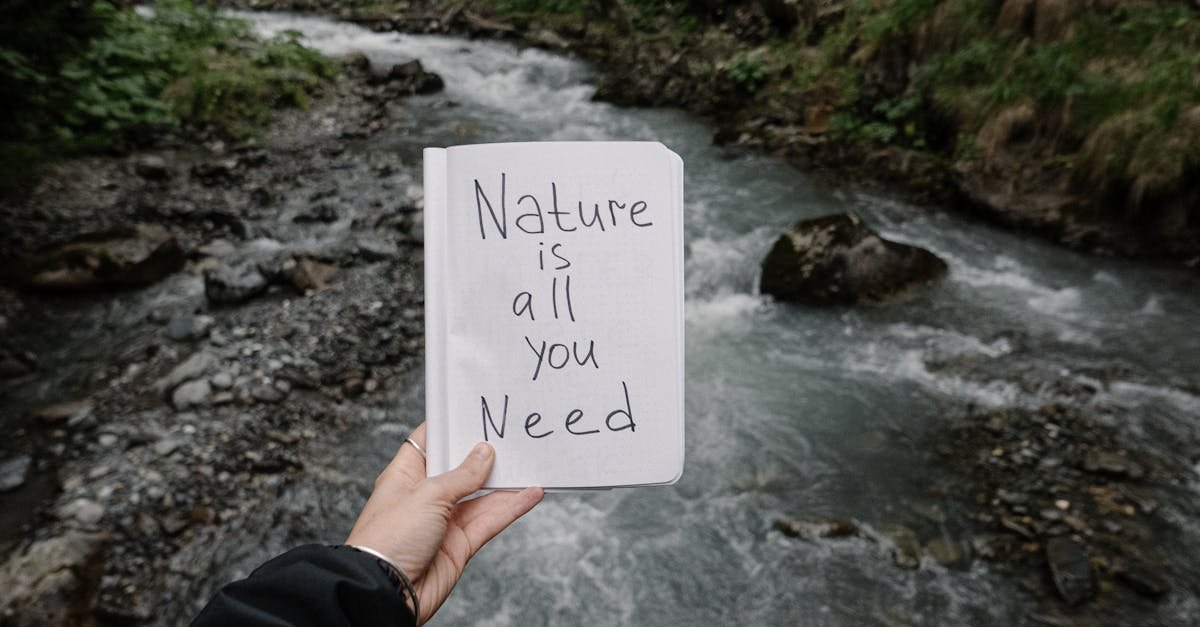Junk journaling is an expressive and creative practice that combines writing, art, and personal reflection. It allows individuals to explore their thoughts and feelings through a mix of materials, often incorporating found objects and various artistic techniques. This unique form of journaling has gained popularity for its ability to foster creativity and self-discovery.
Understanding Junk Journaling
Junk journaling involves the use of discarded materials such as old paper, fabric scraps, magazine clippings, and more, to create a personalized journal. It’s a way of recycling materials while also expressing oneself artistically. Each journal becomes a unique reflection of the creator’s personality and experiences.
Encouraging Creativity
One of the primary benefits of junk journaling is that it encourages creativity. By using various materials and techniques, individuals can explore different artistic expressions. This freedom allows for experimentation without the pressure of perfection, making it an ideal outlet for those looking to enhance their creative skills.
Emotional Release
Junk journaling serves as a therapeutic tool for emotional release. Writing down thoughts and feelings can help individuals process their emotions and experiences. The act of creating something visually appealing while expressing oneself can lead to a sense of relief and catharsis.
Mindfulness Practice
Engaging in junk journaling can be a form of mindfulness practice. It requires focus and presence in the moment, allowing individuals to escape from the stress of daily life. As they immerse themselves in the creative process, they can cultivate a sense of calm and awareness.
Personal Reflection
Junk journals can serve as a mirror for personal reflection. By documenting thoughts, experiences, and feelings, individuals can gain insight into their lives. This reflection can lead to personal growth and a better understanding of oneself.
Building a Unique Keepsake
Each junk journal becomes a unique keepsake that tells a story. Over time, these journals can serve as a record of one’s journey, capturing memories, thoughts, and creative moments. They can be cherished as personal artifacts that showcase individual growth and experiences.
Community and Connection
Junk journaling often fosters a sense of community and connection among enthusiasts. Many people share their creations online, forming a supportive network where they can exchange ideas, techniques, and inspiration. This sense of belonging can enhance the overall experience of junk journaling.
| Benefit | Description | Emotional Impact | Creative Aspect | Community Involvement |
|---|---|---|---|---|
| Encouraging Creativity | Fosters artistic exploration and experimentation. | Boosts confidence in creative abilities. | Variety of materials used enhances creativity. | Shared inspiration in communities. |
| Emotional Release | Helps process and express emotions. | Provides relief and catharsis. | Artistic expression of feelings. | Support from others in similar experiences. |
| Mindfulness Practice | Promotes focus and presence in the moment. | Reduces stress and anxiety. | Creative process as a meditative practice. | Group mindfulness activities. |
| Personal Reflection | Encourages self-discovery and growth. | Enhances self-awareness. | Reflective creative exercises. | Discussion of personal journeys. |
Junk journaling is a multifaceted practice that offers numerous benefits, from enhancing creativity to fostering emotional well-being. It allows individuals to express themselves uniquely and can lead to deeper personal insights. Whether you’re looking for a creative outlet, a means to process emotions, or simply a way to document your life, junk journaling may be the perfect practice for you.
FAQs
What materials do I need for junk journaling?
You can use various materials such as old books, magazines, fabric scraps, stickers, and other found objects. The beauty of junk journaling is that you can use anything that inspires you.
Is junk journaling suitable for beginners?
Absolutely! Junk journaling is perfect for beginners as it encourages creativity without the pressure of perfection. You can start with basic materials and gradually explore more complex techniques.
How often should I journal?
There’s no set rule for how often to journal. Some people journal daily, while others may do it weekly or whenever inspiration strikes. It’s all about what feels right for you.
Can junk journaling be therapeutic?
Yes, many people find junk journaling to be therapeutic. It provides a space to express emotions, process thoughts, and engage in mindfulness, making it a valuable tool for mental well-being.

